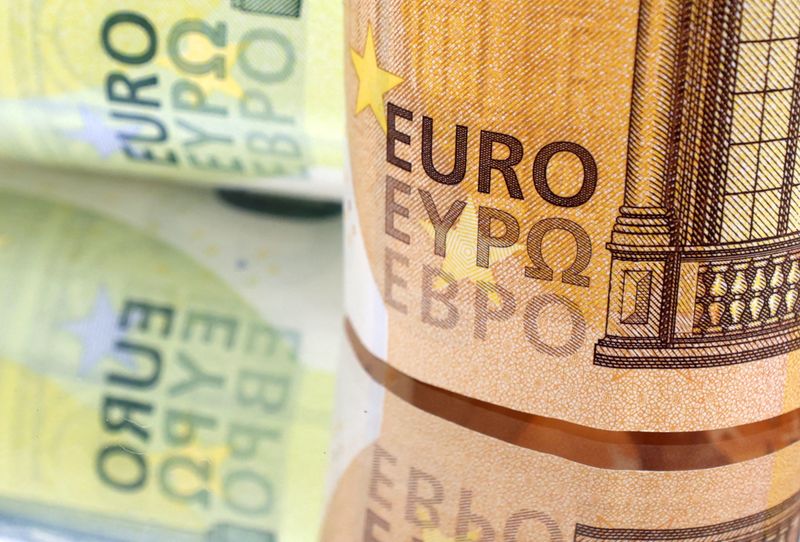By Marc Jones
LONDON (Reuters) - Companies around the world are on track to pay investors a record $1.64 trillion in dividends this year following a more than 6% jump in the second quarter, a report on Wednesday showed.
The figures by fund manager Janus Henderson estimated that 88% of companies globally had either increased their dividends or held them steady in Q2, resulting in $568.1 billion worth of worldwide payouts since the start of the year.
The fastest growth came in Europe, where a number of countries such Italy and Spain have introduced or are looking at windfall taxes on bumper profits made by banks and energy firms on the back of rising interest rates and energy prices.
Dividends were up nearly 10% to $184.5 billion. That did not including Britain, where the quarterly total dropped to $30.7 billion from last year's $34.9 billion, when oil and gas firms saw a leap in payments after Russia's invasion of Ukraine sent commodity prices surging.
This time around, the surge in global interest rates meant banks contributed half the world's dividend growth and drove a quarter of Europe's increase. At the same time, U.S. dividend growth slowed for the sixth consecutive quarter.
"We do expect dividend growth to continue," Ben Lofthouse, Head of Global Equity income at Janus Henderson said, adding that the banking sector was expected to continue to fuel it for the rest of the year despite waning economic momentum.
"A weaker economic environment is typically negative for banks," Lofthouse said. "But the positive effect on bank margins from the end of years of ultra-low interest rates is very powerful and is driving dividend payouts".
The slowdown in U.S. dividend growth left the region's total at $148 billion, up 4.6% year-on-year on an underlying basis once lower one-off special dividends were taken into account.
That was "still a creditable increase" the report said adding that 98% of the U.S. companies tracked either raised payouts or held them steady, which was well above the global average.
Healthcare companies helped the growth, led by UnitedHealth Group (NYSE:UNH) and Eli Lilly (NYSE:LLY), both of which have posted strong profits and raised guidance for the rest of the year.
Despite the current concerns about the U.S. commercial and residential property market, real estate companies came a close second, with warehouse and logistics property specialist Prologis (NYSE:PLD) out in front.
The biggest dividend cuts, meanwhile, were from chipmaker and tech firm Intel (NASDAQ:INTC) following a fall in its sales, and Blackstone (NYSE:BX), which has suffered a dramatic drop in profits on the back of lower private asset valuations.
In Asia the picture was mixed. The second quarter marks a seasonal high point for Japanese dividends and payouts there rose 8.4% on an underlying basis.
More than half of Japanese companies tracked delivered double-digit growth. Its largest dividend payer, carmaker Toyota, accounted for one third of the underlying increase with a 25% hike, despite lower profits.
In China, however, the majority of companies cut payouts in what is a seasonally low-paying quarter there. Chinese dividends fell 12.4% on an underlying basis reflecting 2022's extended COVID-19 lockdowns, more than offsetting a large increase from internet giant Tencent.

Emerging market banks, meanwhile, raised payouts by half year-on-year although their impact was offset by much lower oil dividends, chiefly in Brazil and Colombia.
Brazil's big oil firm Petrobras slashed its payout. Having been the world’s largest payer in 2022, it also made the world's biggest dividend cut in Q2.